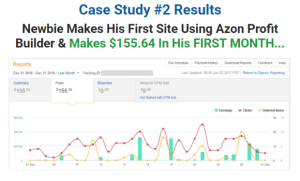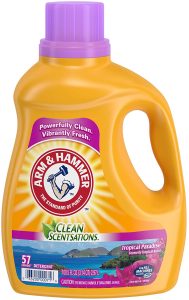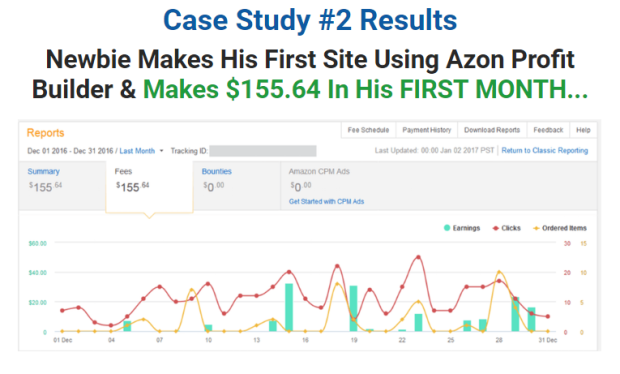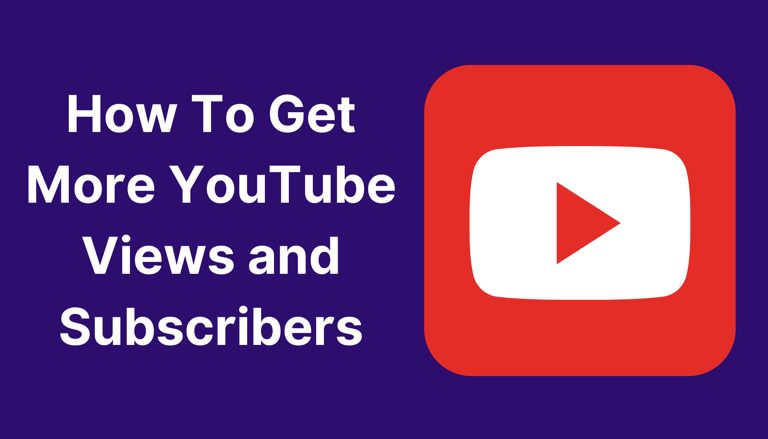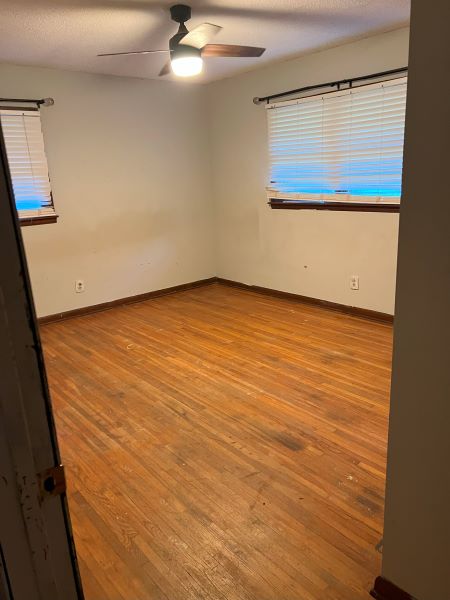So often, I get calls from job seekers who have been at the job search for a while. They are frustrated because after months of sending out resume after resume, they are still not getting any traction. There are few interviews and they don’t seem any closer to landing a job.
 A common misconception in job seeking is that the first thing you should do when looking for a job is to write a resume. After studying the habits of hundreds of successful job seekers, it is clear that resumes, while important, are not the first strategy in beginning your job search.
A common misconception in job seeking is that the first thing you should do when looking for a job is to write a resume. After studying the habits of hundreds of successful job seekers, it is clear that resumes, while important, are not the first strategy in beginning your job search.
A typical conversation will go something like this:
ME: “So you’ve been at it for a while, but you are frustrated with your job search. What do you want to do?”
Job seeker: “Well, my background is in marketing, but I’ve got some skills in graphic design and worked on trade show management as well and I’ve been looking at job postings that match these skills.”
ME: “Yes, your background is interesting, but WHAT DO YOU WANT TO DO?”
Job seeker: “Well, maybe that’s my problem, I am applying for a lot of jobs that I think match my skills and experiences. I’m willing to do anything that is connected to those.”
And so on and so on…
Usually the resume of this type of job seeker is pretty jumbled; a hodge-podge of skills and talents mixed together with some general qualities, but no laser focused definition of a.) what type of position best fits their background and b.) a complete lack of relevance to the company, the industry or the position they are applying for.
I know the question, “What do you want to do?” might seem intimidating or a little scary. There are a lot of different things that could (and should!) go into answering that question. But taking the time to really dig deep and consider your answer to that question can be really helpful in clarifying and defining your job search focus.
 Usually, the question is more easily answered with an examination of your core values and what that means to you in your career and the jobs and companies you are considering applying to. What makes you tick? What makes you fulfilled in your career? What are the things that you rank as being most important when you are thinking about a new job? Is it money? Is it the workplace culture? Is it the ability to make a difference or feel as if your job is giving you the opportunity to thrive and grow?
Usually, the question is more easily answered with an examination of your core values and what that means to you in your career and the jobs and companies you are considering applying to. What makes you tick? What makes you fulfilled in your career? What are the things that you rank as being most important when you are thinking about a new job? Is it money? Is it the workplace culture? Is it the ability to make a difference or feel as if your job is giving you the opportunity to thrive and grow?
What about the positions you’ve held in your career in the past? What were the elements of jobs that you really enjoyed? What about the companies you worked for that drove you crazy? What were the things there that you DON’T want to repeat in a new company? Think about it: These are critical things you need to consider before you just start blasting off resumes! Your values will (and should!) be represented in every communication touch point you have with a potential new employer.
I’ve created a short series of questions that can help get you started. Answering these questions might get you to consider re-writing your resume, which can be a good thing! Remember, your resume is YOUR ADVERTISEMENT to employers and it needs to define what it is that you want to do and how your background is connected to that goal.
If you are feeling insecure about your resume, I highly recommend that you have your resume written by a professional resume writer. It’s an important investment in your job search. I’ll be writing more about that in the coming weeks. But in the meantime, try answering the following questions:
1.) What do you want to do?
2.) What do you value most about work?
RANK THE FOLLOWING
b. Job duties (what you do) __
c. Ethical company __
d. Like the people you work with __
e. Work/Life balance __
f. Benefits __
g. Driving distance to work __
h. Opportunity to be promoted __
i. Respect your boss __
j. Autonomy __
k. Teamwork __
l. Others_________
4.) In 500 words or less, describe your career to date.
5.) What technical skills do you possess? What do you consider yourself to be an expert at? (“Hard worker” is not a skill – it’s an expectation.)
6.) What positive work qualities do you possess? If your last boss was describing you, what would they say?
7.) In 500 words or less, describe a few successful accomplishments in your career (projects, promotions, examples of success, etc.) that you are really proud of. (Think of these as case studies: Describe how you succeeded – what type of hard work was involved? How did you inspire others to follow you? Was leadership involved? Did you have to convince your boss/superiors? What were the challenges? How did you measure the success?)
![]()
SOURCE: – Read entire story here.






